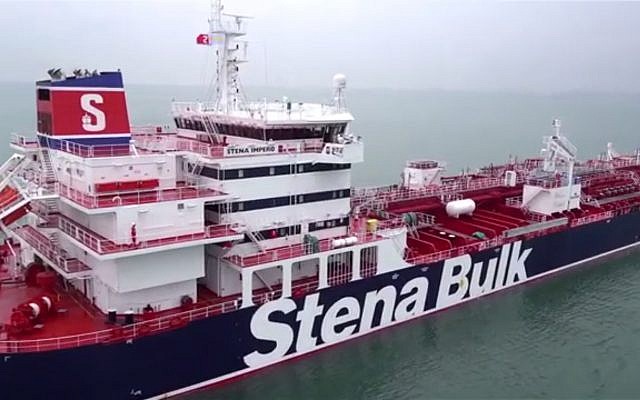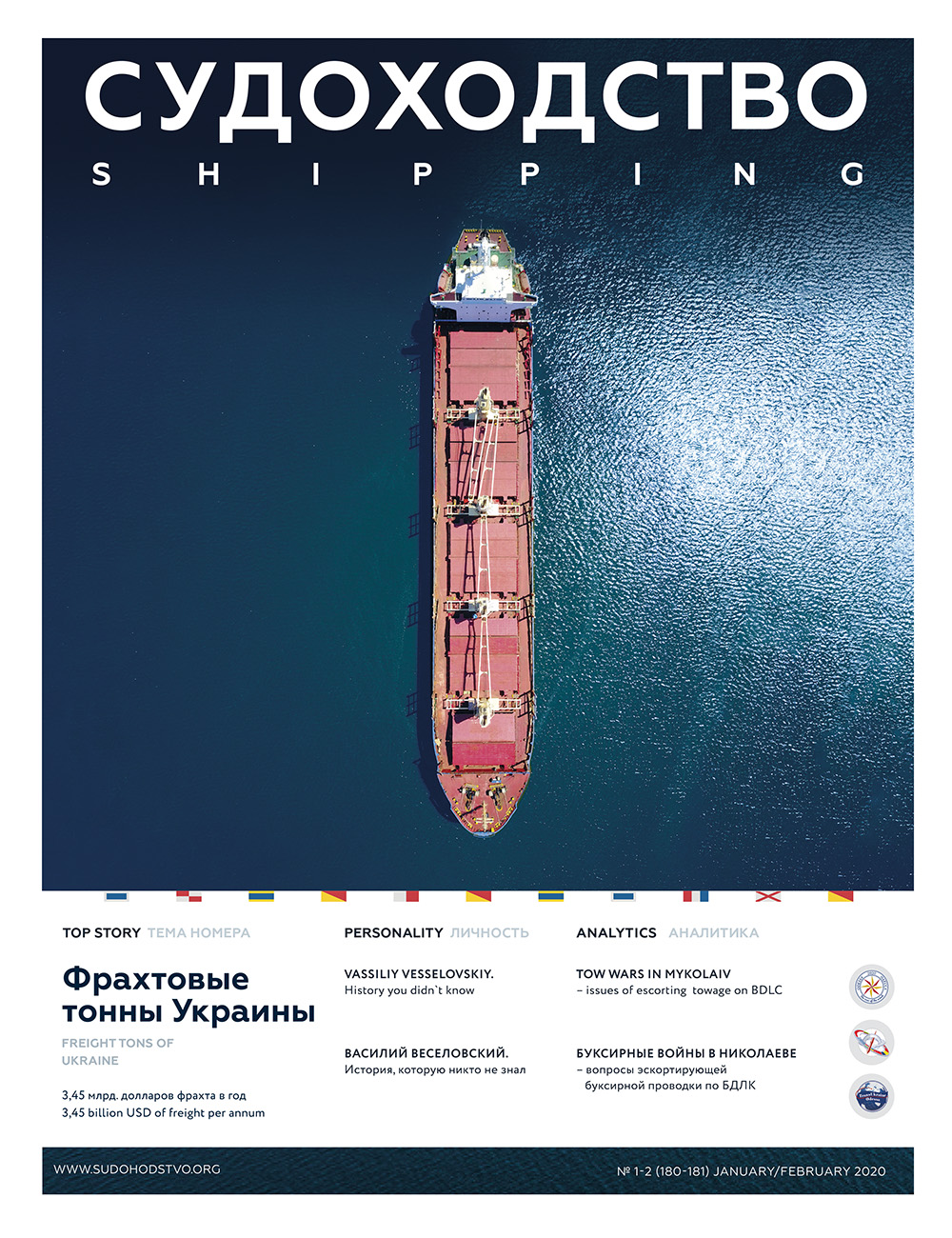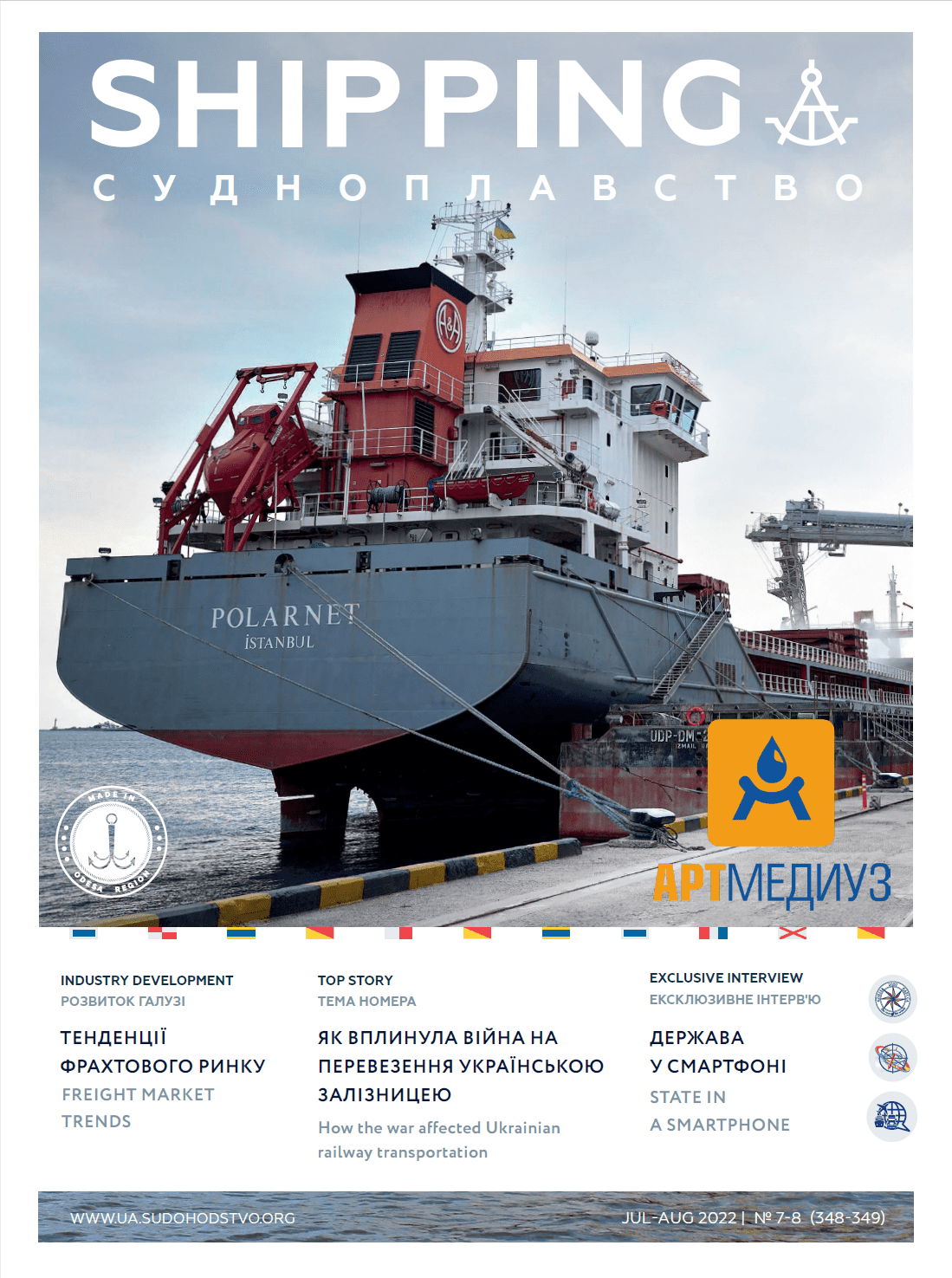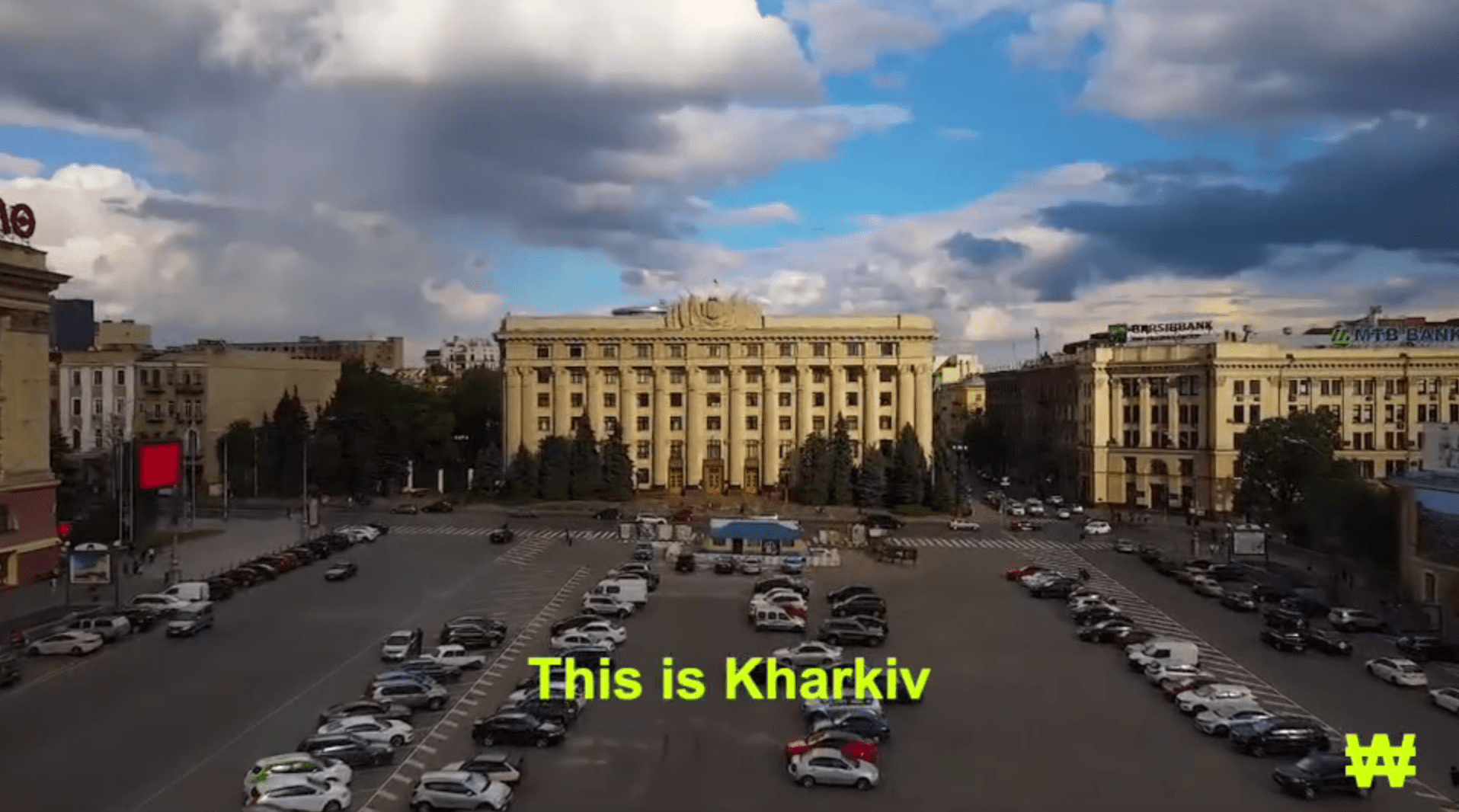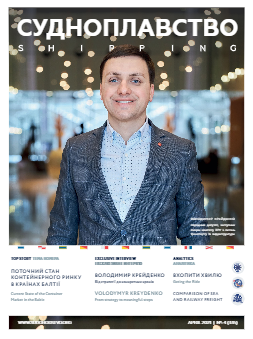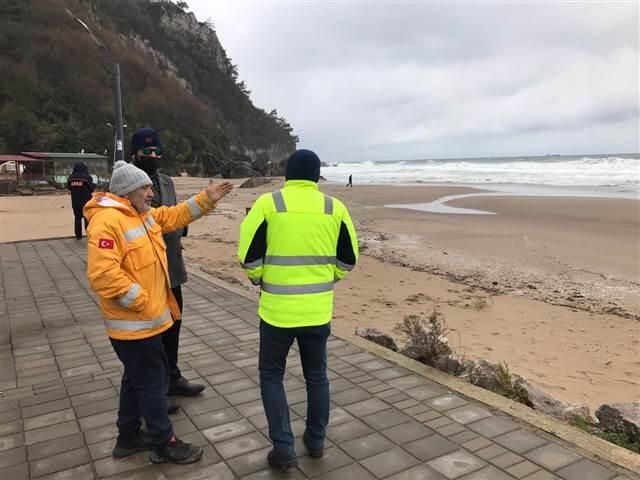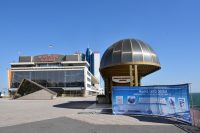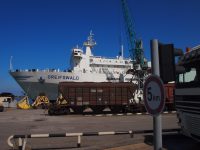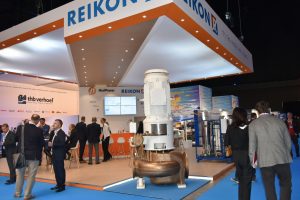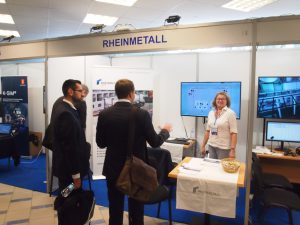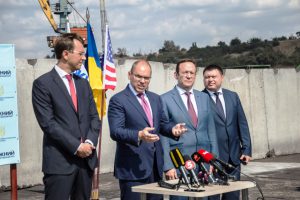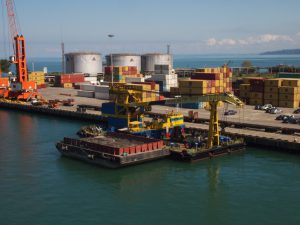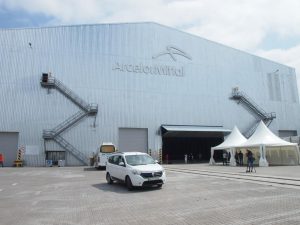Ports are major hubs in the supply chain. In Port of Rotterdam, Europe’s largest port, countless proceedings are happening every day. In the optimal supply chain, each link seamlessly connects to the next. That is why the Port of Rotterdam is looking into new developments to make the port services more efficient. A collaboration was recently announced in order to make Rotterdam a smart port of the future. The Port of Rotterdam Authority and IBM teamed up for a multi-year digitization initiative to transform the port’s operational environment using Internet of Things (IoT) technologies in the cloud to benefit the port and those who use it. The initiative will also prepare the Port of Rotterdam’s entre 42 km site to host connected ships in the future.
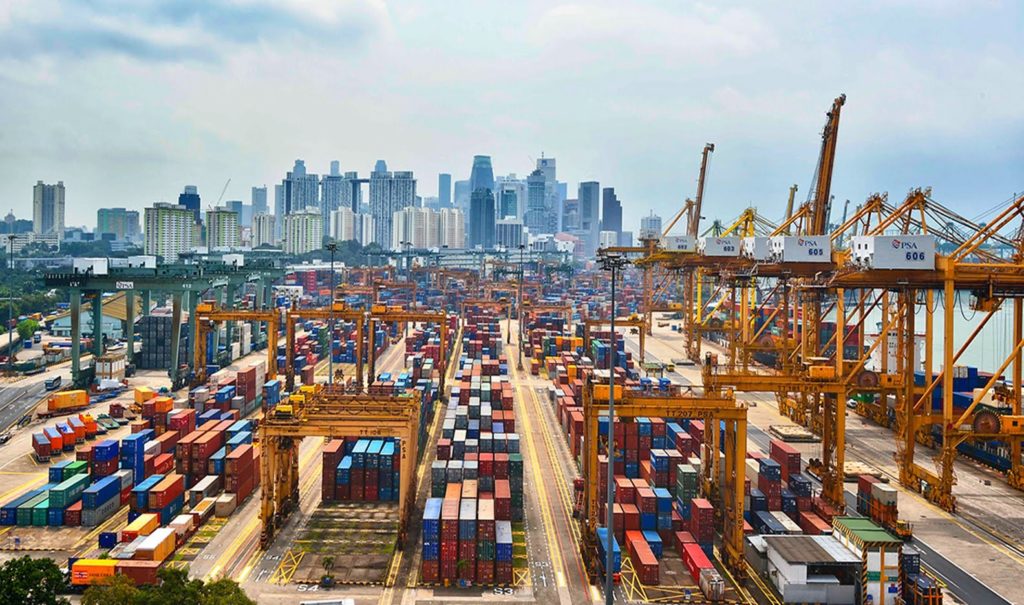
It begins with the development of a centralized dashboard application that will collect and process:
- Real-time water (hydro)
- Weather (meteo) sensor data and communications data
- Analysed through the IBM IoT platform
This will enable a new wave of safer and more efficient traffic management at the port. The partners in the consortium are envisaging a scalable environment that new parties can join very quickly.
“As well as the legal and IT issues, it is scalability in particular that is a challenge. If you examine the bitcoin mining process, then the majority of parties has to approve the transaction in question. If you do so in a private environment, then that could run to thousands of parties in due course. We therefore need to find a way of securing agreements with each other very frequently,” De Knegt said. “That is a major difference with large e-commerce companies, for example, or social network sites that attract large quantities of data and claim ownership of that data, thereby becoming even more profitable. Here, it is all about live and let live: we help each other to improve the process. Every additional hour that a vessel is moored up represents between EUR 50 to 100 thousand in additional costs. Thousands of vessels enter the Port of Rotterdam every year, so the savings can be considerable.”
Things are moving so fast that the first commercial applications will be ready within two to three years. As well as the legal and IT issues, it is scalability in particular that is a challenge. If you examine the bitcoin mining process, then the majority of parties has to approve the transaction in question. If you do so in a private environment, then that could run to thousands of parties in due course. We therefore need to find a way of securing agreements with each other very frequently. Blockchain benefts everyone who uses it.


